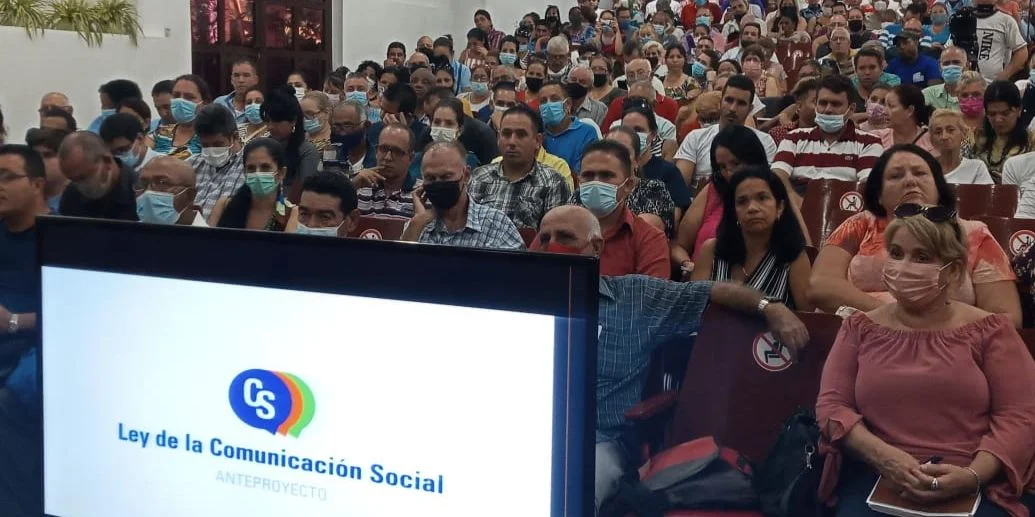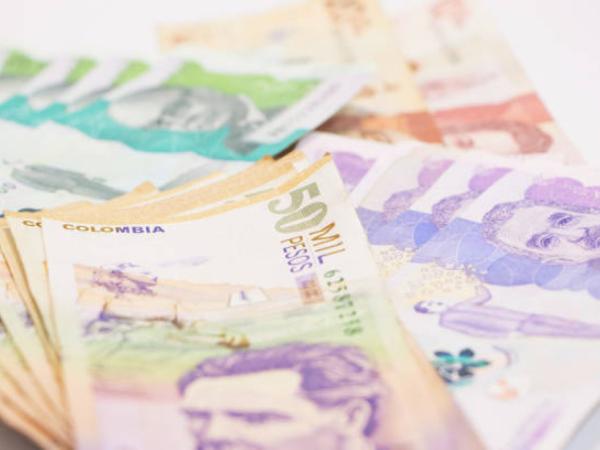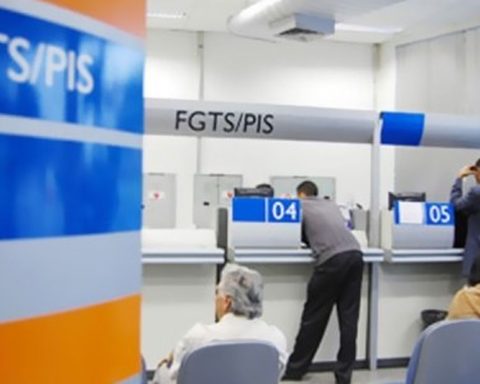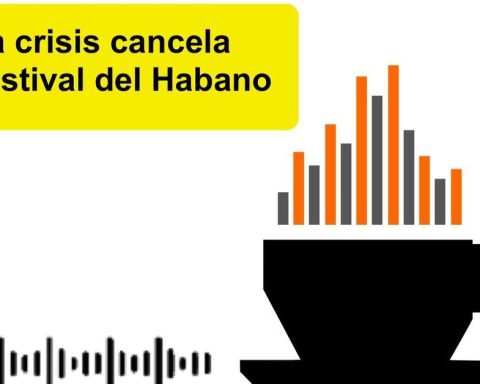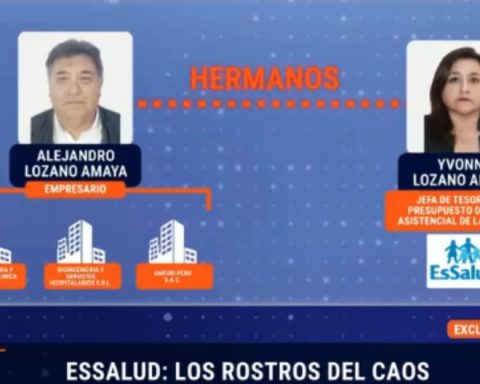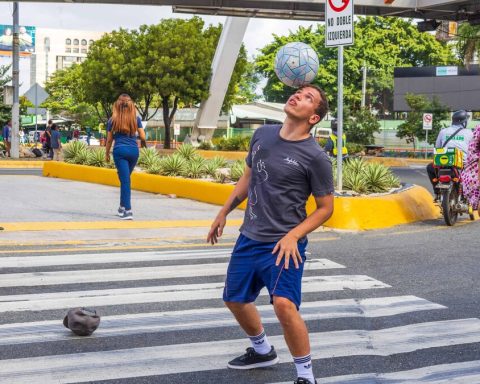HAVANA, Cuba. – The entry into force on October 4 of the much-vaunted Law of Social Communication keeps a good part of the Castro power machinery very busy. The official press insists that from now on the country will have a mechanism that guarantees everyone’s access to information, that eliminates the secrecy of the press media, and that regulates the way in which the different actors of society can communicate.
For the common citizen, on the other hand, the law is nothing more than an unintelligible mass of words and concepts that do little to help us understand if something will really change in this country in terms of communication. No matter how much one reads the paragraphs of the cumbersome law, it is not clear how this provision will be applied, nor the way in which the pompous National Institute of Social Communication will act to enforce what is established by that regulation.
Now, what is beyond dispute is that this is an action by the regime to increase its control over the press media. That is, so that only the information that is convenient for the rulers comes to light, while that which is uncomfortable for the ruling class is hidden or distorted.
Related to the above, it stands out what was written by Francisco Rodríguez Cruz (Paquito el de Cuba) in the newspaper Workers. That pro-government journalist, after stating that “before doing and saying, we will now have to think better about the legal scope of any communicative action and adjust to what is established,” concluded by requesting “that individual and collective responsibility be required when communicative errors are committed.” that can have serious human, economic and political consequences.”
The truth is that in the context of the promulgation of this law, the regime’s repression against independent journalists has intensified, as well as censorship of topics that are not pleasant for the authorities, such as those linked to the dirty laundry of the international left that surfaces. every now and then.
There are several independent journalists who work on the Island who have been summoned and threatened by State Security. A situation that makes some observers think about the possibility of repeating a government action like the one that occurred in March 2003, known as Black Springwhen 75 opponents, most of them independent journalists, were sentenced to long prison terms.
On the other hand, the Castro press said nothing about the attack by Nicaraguan dictator Daniel Ortega against presidents Lula Da Silva and Gustavo Petro, when the latter asked that Nicolás Maduro show the electoral records to certify his supposed victory at the polls.
Another scandalous omission by the Castro press has to do with the non-publication of what is currently happening in Bolivia, referring to the confrontation between President Luis Arce and former President Evo Morales. The world is ending in that South American nation, and the ordinary Cuban who depends only on what they publish Granma and Rebel Youthwill continue to think that everything is peace and harmony in the land where the ill-fated guerrilla Ernesto Che Guevara fell.
In the end, in a country where phantasmagorical laws are issued, such as the Fisheries or Food Sovereignty Law, when there is not enough fish or food for the population, it is not surprising that the Social Communication Law is just a screen to cover up the excesses. of the regime in communication matters.
